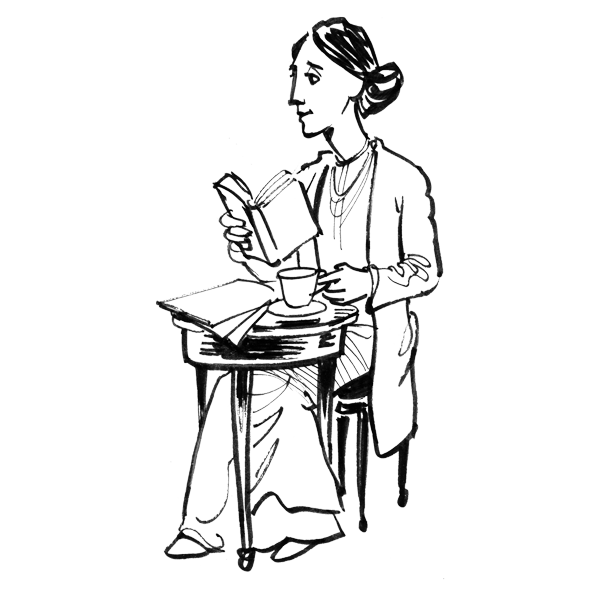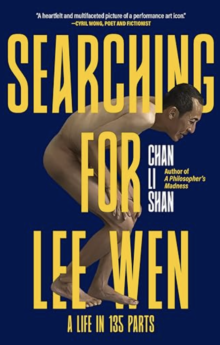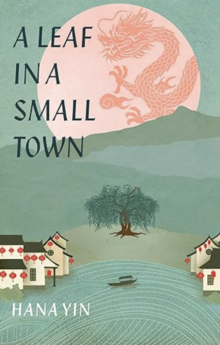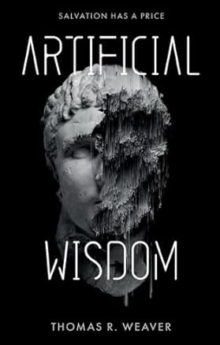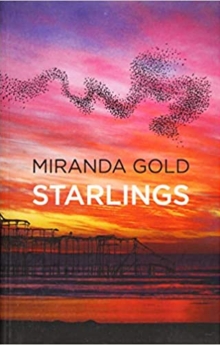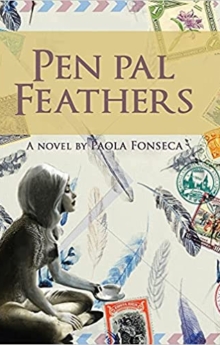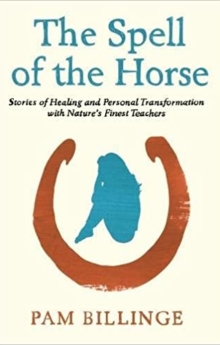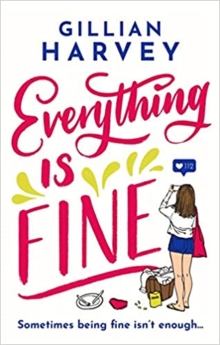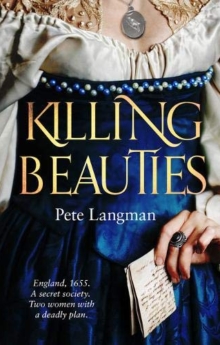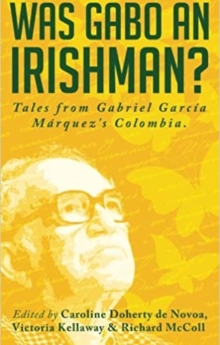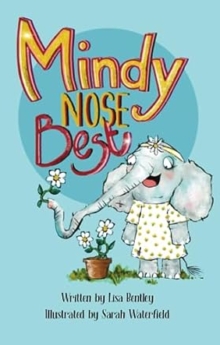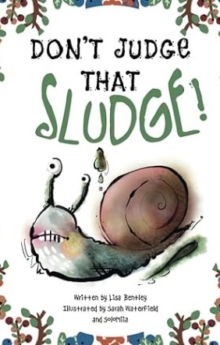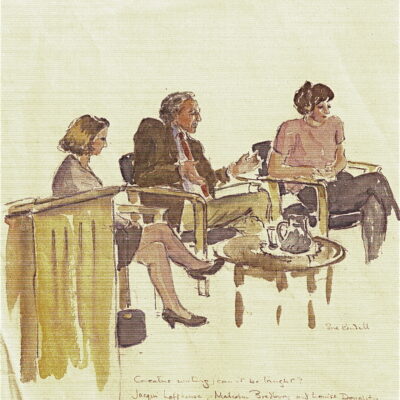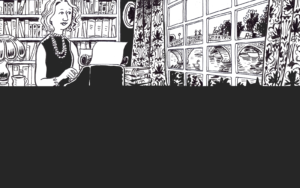
Coaching and Mentoring for Writers at all stages of their writing journeys – from beginners to published authors.
We believe that talent can be nurtured. Our mission is to encourage writers to develop their work, to become more focused, productive and confident. Our aim is to support you as you create a fulfilling, successful and sustainable writing life. Like you, we think that words and ideas really matter.
If you are looking to finish your first book, to develop as a poet, write a play or get articles published in the press, we can help.
Coaching and Mentoring
Whether you are a beginner or an established author, our experienced mentors are here to support you with accountability, feedback and industry advice. We specialise in coaching and career development for those who wish to complete their projects, establish professional habits and bring their writing projects confidently into the world.
Manuscript Assessment
A personally tailored approach to literary consultancy and manuscript assessment. Our established team of literary consultants and editors will help you understand your strengths, develop your craft and find your unique voice. We help you to develop a manuscript that is ready to submit to agents and publishers.

Become a Member
Our affordable Membership ‘The Literary Community’ is a nurturing and inspiring online writing community – a place where you’ll feel immediately welcome and ‘at home’ as a writer. We teach mindset, craft and industry connection and enable writers to create books that make a powerful impact in the world. With us, you gain confidence and momentum – and feel like the serious author you have always wanted to be.
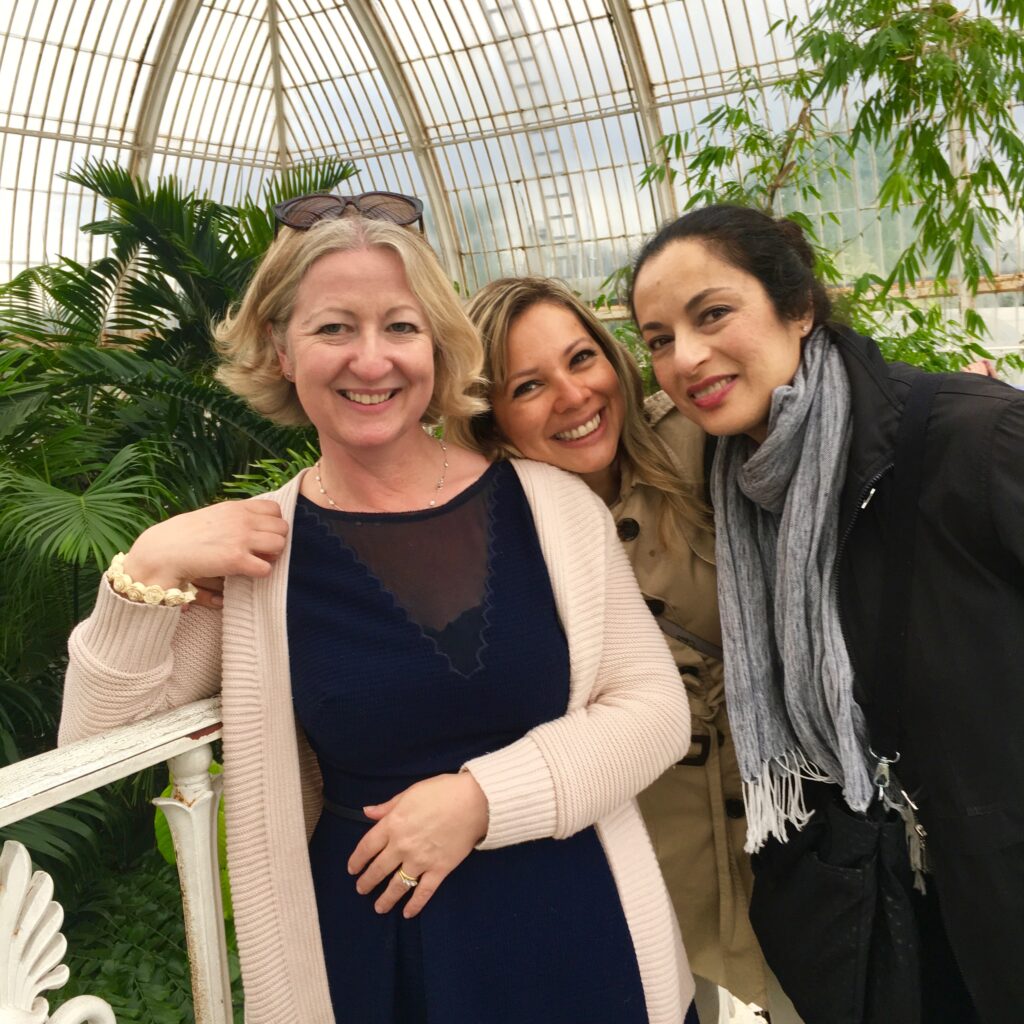
Courses and Retreats to Support your Writing Journey
Get Black on White
30 Days to Productivity and Confidence for Writers. Would you like to kick-start your productivity, conquer self-doubt and truly believe in yourself …
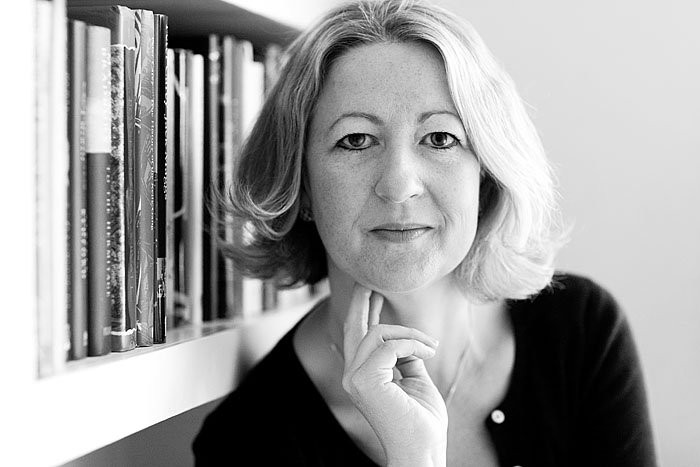
About Jacqui
Jacqui Lofthouse is Founder of The Writing Coach. She is the author of four novels and was nominated for The Booker Prize by Penguin for ‘The Temple of Hymen’. She is also the author of ‘Bluethroat Morning’ (Bloomsbury), ‘Een Stille Verdwijning’ and ‘The Modigliani Girl’. Her novels have sold over 100,000 copies in the UK, the USA and Europe.
After completing her MA in Creative Writing at the University of East Anglia under Sir Malcolm Bradbury and Rose Tremain, she taught creative writing at City University, London. She has advised many advanced writers including international prize-winning authors, broadsheet columnists and academics from the Universities of Oxford and Cambridge.
She is motivated to help her fellow writers bring their important stories into the world. She has recently completed her sixth novel.
Some of our Clients’ Successfully Published Books
Latest News and Events
Embracing Serenity: A Journey to Elmley Nature Reserve
Writing Coach Client Goes to Amazon Number One!
Three trips to India – and an invitation…
Our Favourite Posts from the Archives
As seen in










